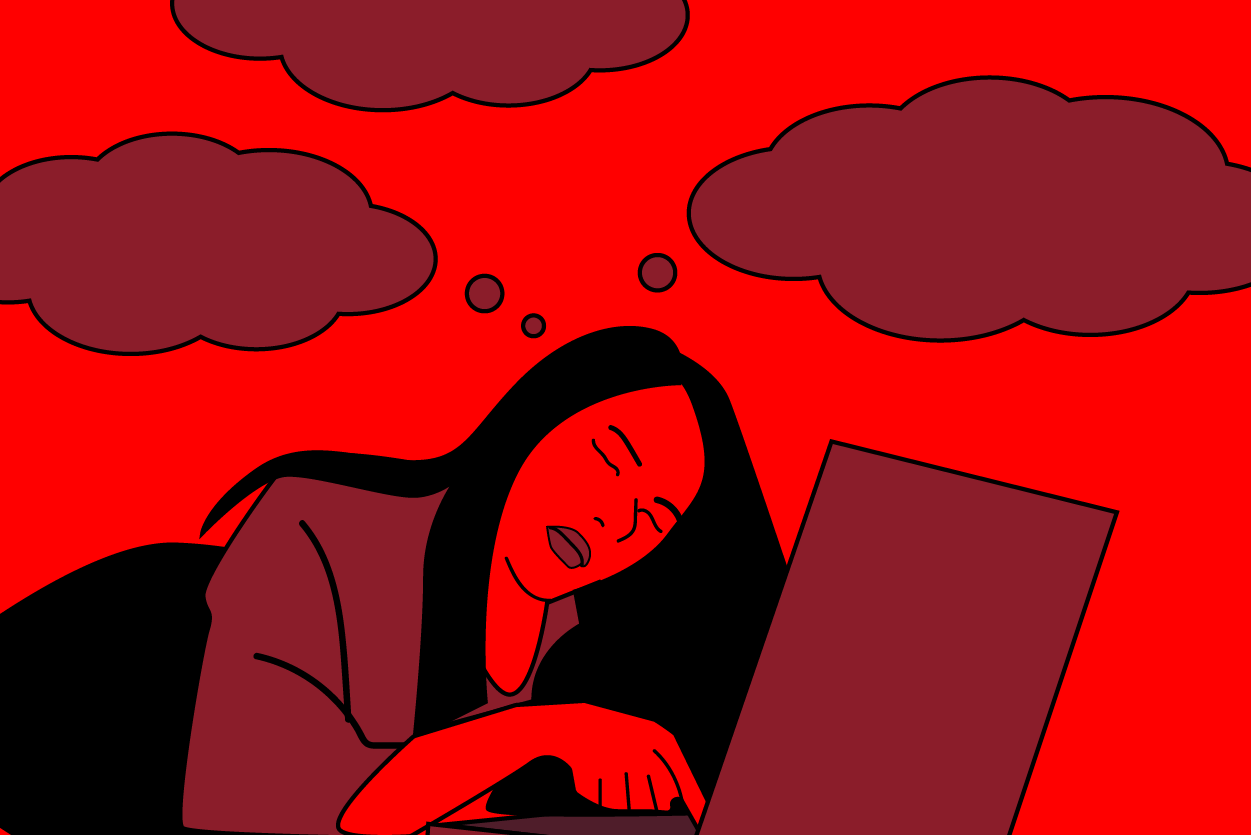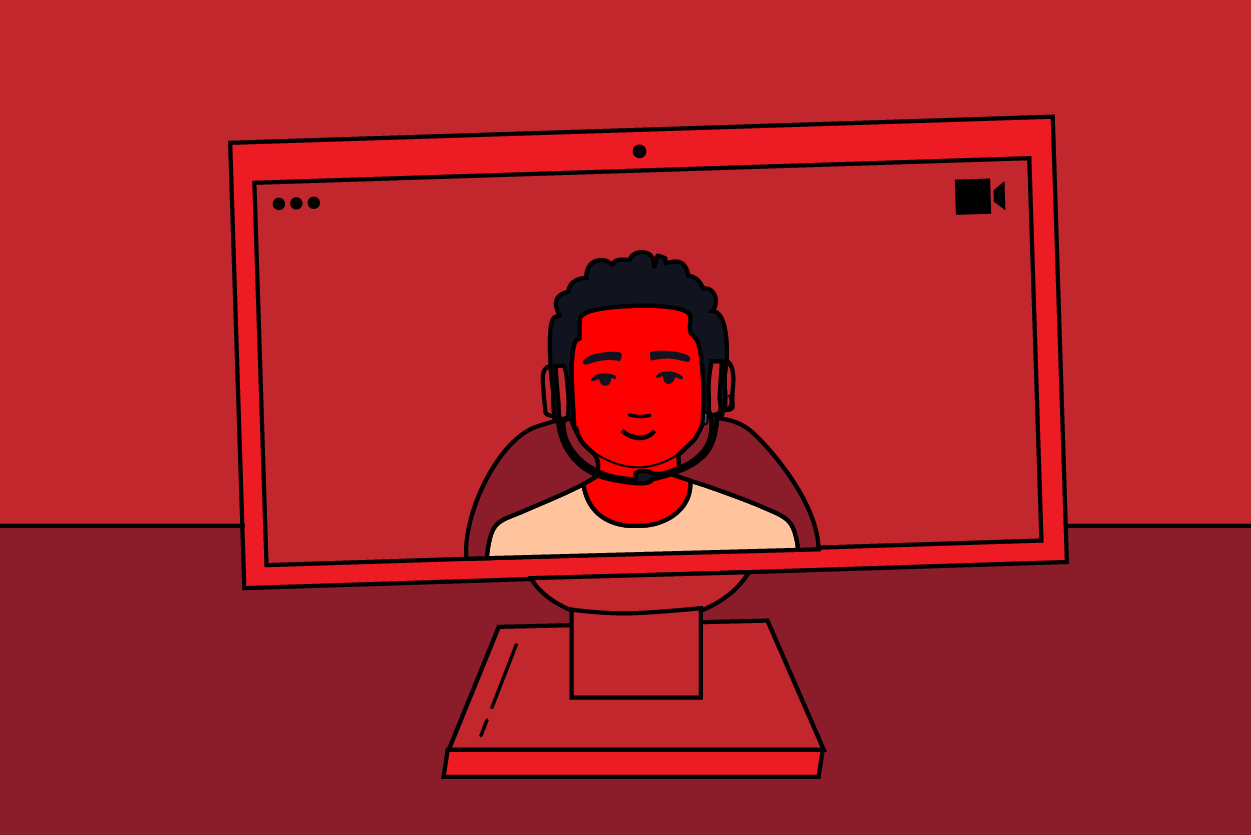Strategy Without Research Isn't Strategy—It's Expensive Guessing
This is the most expensive mistake in strategic communications: implementing solutions without understanding the problem first.
The grind features people achieving multiple goals in impossibly small amounts of time, but what does the research say about maintaining it long-term?

You may have heard of the grind (an internet term for being dedicated to work above all else), now let us introduce you to work-life balance. This is the difference between quantity and quality. The grind features people achieving multiple goals in impossibly small amounts of time, but what does the research say about maintaining it long-term? The productivity paradox refers to the observation that despite significant technological advancements and increased working hours, productivity gains have not always followed suit.

It should come as no surprise that putting work first means everything else falls below it. As individuals spend more time on a task, their efficiency and effectiveness tend to decrease. Mental fatigue, lack of focus, and burnout can all contribute to a decline in productivity. In fact, research has shown that working more than 50 hours per week can lead to a significant drop in productivity, with employees becoming less efficient and more prone to making errors. You might perform amazingly in the beginning, but that level of work isn’t sustainable.
Working more might also affect your health. Long periods of stress release large amounts of cortisol (the stress hormone). Elevated cortisol over time can cause many physical ailments like heart disease and memory issues. The other place you will see negative effects is in the office. Overworked employees report feeling overwhelmed and angry with work and are more likely to quit than go for a promotion.
Rest and recovery play a vital role in maintaining productivity and well-being. Taking regular breaks throughout the day, engaging in physical activity, and prioritizing sleep can all help to recharge the mind and body. Studies have shown that taking short breaks every 90 minutes can improve focus, creativity, and overall productivity. Additionally, getting enough sleep is essential for emotional regulation and your health.
Another important way to increase productivity is by setting realistic goals and prioritizing tasks. By focusing on the most important and impactful tasks, professionals can make the most of their time and energy. Effective time management strategies, such as the Pomodoro Technique, can also help to optimize productivity. The Pomodoro Technique involves working in focused, 25-minute intervals, followed by short breaks. This approach can help to maintain focus, reduce distractions, and prevent burnout. Other time management strategies, such as time blocking and task batching, can also be effective in maximizing productivity.

If you are a business owner and reading this know that fostering a supportive work environment that values work-life balance and employee well-being is essential for long-term productivity and success. Employers can help by promoting a culture of self-care, offering flexible work arrangements, and providing resources for stress management and mental health support.
The productivity paradox highlights the importance of understanding that working longer hours does not always equate to better results. For professionals in all fields, prioritizing rest, recovery, and work-life balance is crucial for maintaining productivity and well-being. By setting realistic goals, prioritizing tasks, and implementing effective time management strategies, individuals can optimize their productivity without sacrificing their health and happiness. Ultimately, by fostering a supportive work environment that values employee well-being, organizations can create a more productive, innovative, and successful workforce.